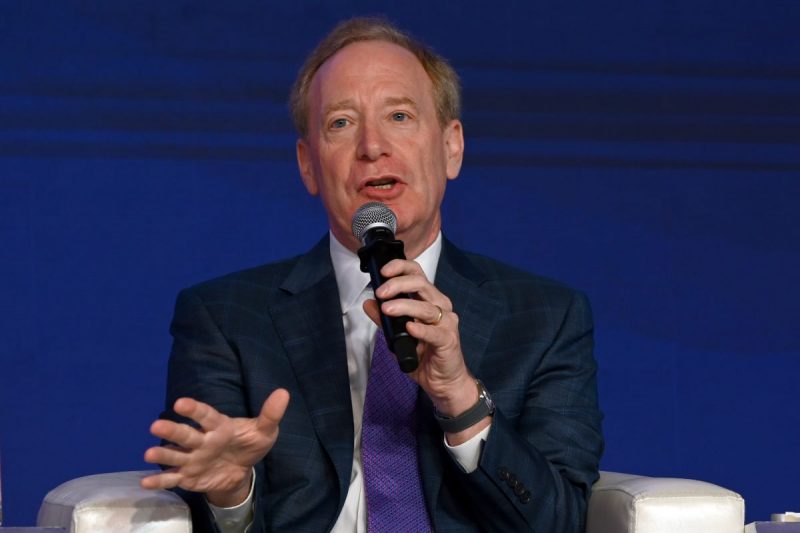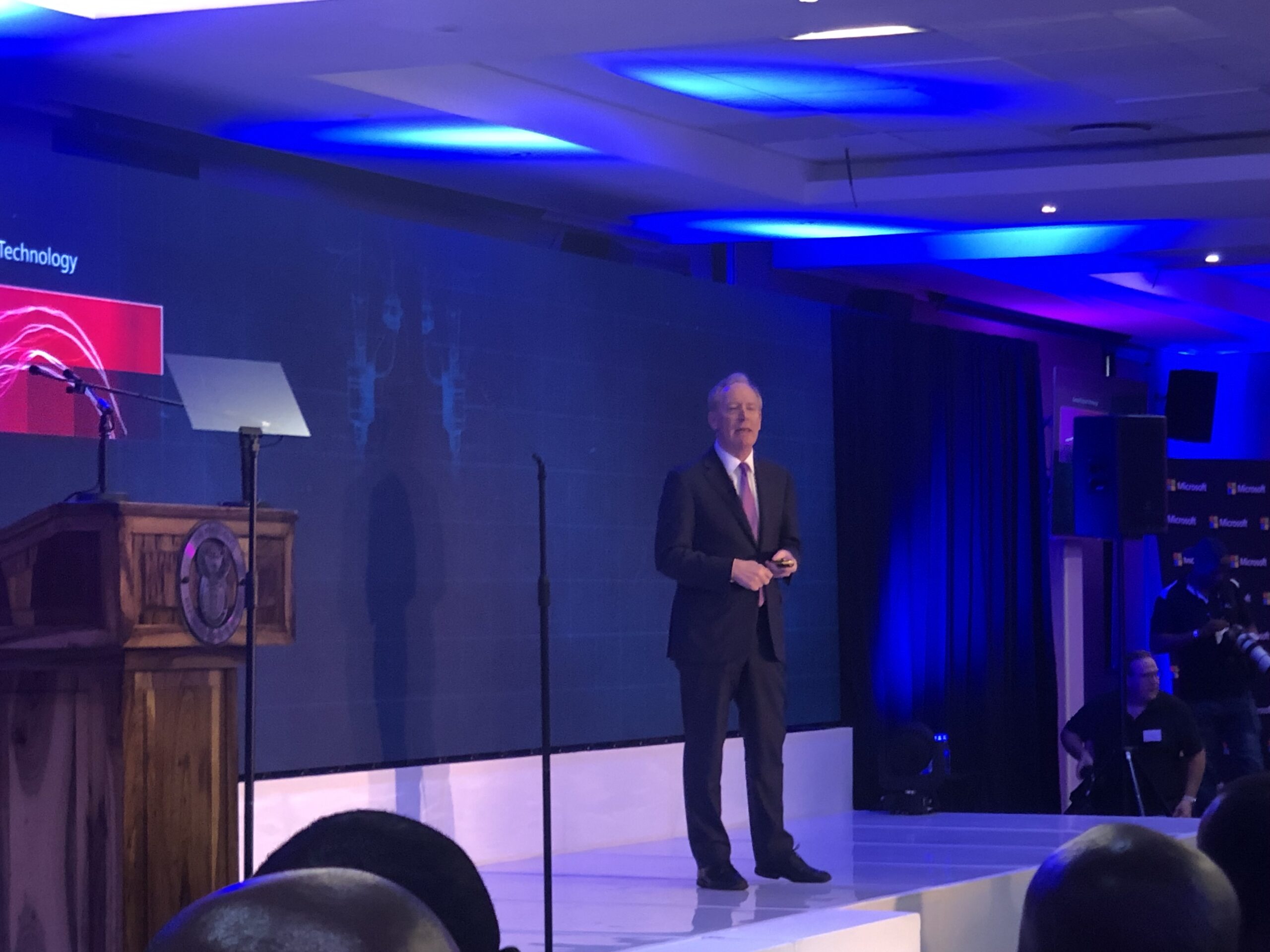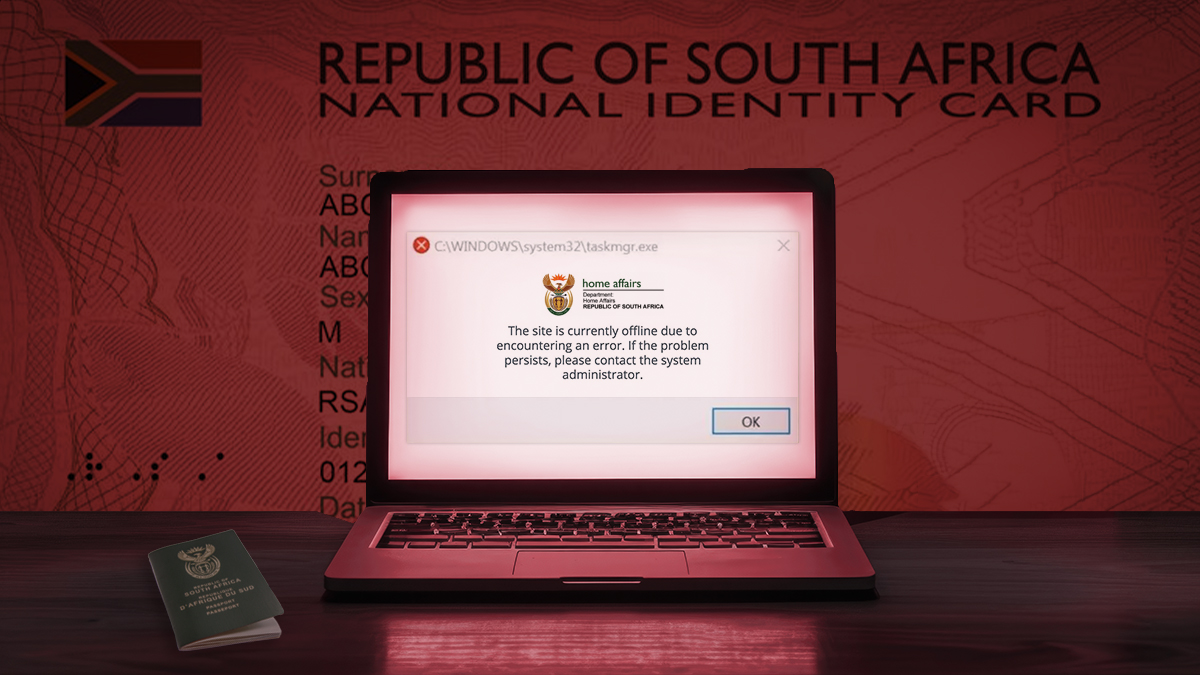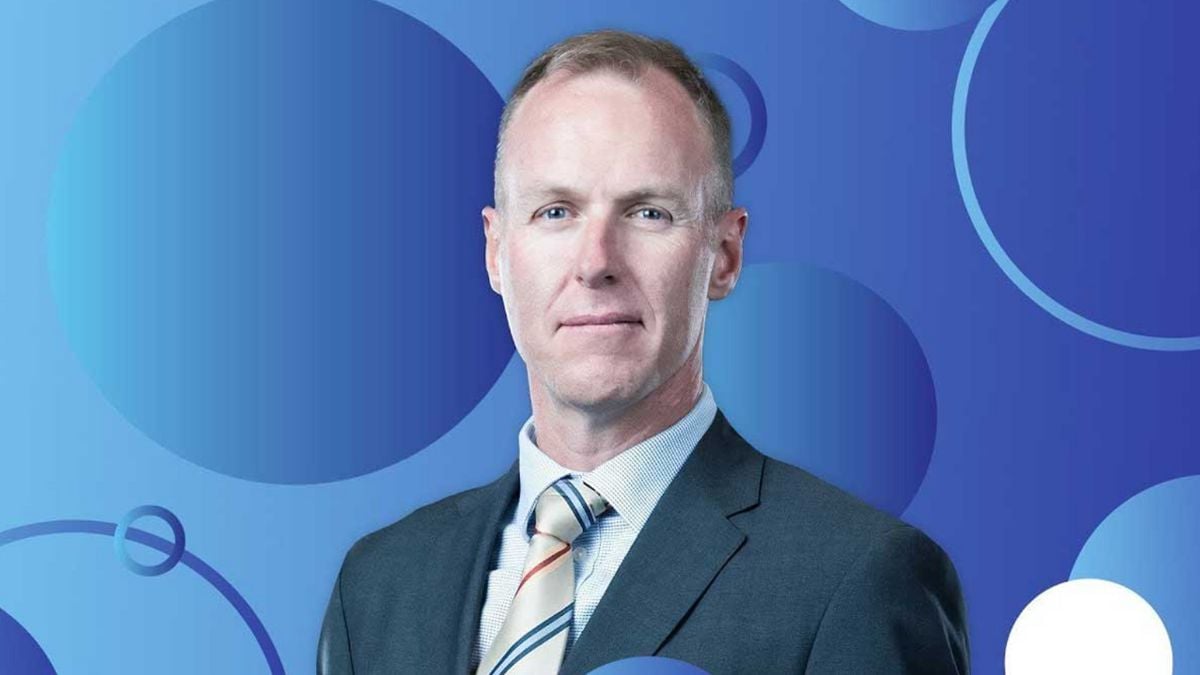Microsoft announces R5.4-billion data centre and AI investment in South Africa

Microsoft President Brad Smith has announced the company’s plans to invest an additional R5.4 billion to expand data centre capacity in South Africa and equip South Africans with artificial intelligence (AI) skills.
This investment will build on Microsoft’s existing R20.4-billion infrastructure injection.
Speaking at Microsoft’s “Building an AI Economy” event in Bryanston on Thursday, 6 March 2025, Smith said the R5.4 billion will be used to build out and expand the country’s data centre capacity.
“It is a very important step for Microsoft,” he added.
He explained that AI had three primary layers — the infrastructure layer, the model layer, and the application layer.
Smith said Microsoft was investing in the infrastructure layer in South Africa.
“Just like you can’t have electricity without a power station, you can’t have AI without data centres,” he said.
He added that data centres were critical to AI as they harnessed data to develop and train models.
Smith said that getting the “flywheel going” was critical to bolstering South Africa’s AI capabilities.
“You build the infrastructure so that people will build models, you use the models to build applications, and when you use the applications, then you can expand further,” Smith added.
“This critical flywheel in South Africa is starting to turn.”
Expanding on Microsoft’s plans, Smith said the company had partnered with local startups using AI to create new platforms, such as Lelapa AI.
Lelapa AI is a multilingual language model that works with African languages and can be used for transcription and translation purposes.
Smith also referred to the South African Revenue Service’s (Sars’) implementation of AI in the tax filing system.
He said the implementation of AI models had helped improve collection and the way in which citizens interact with Sars.
“Sars has significantly enhanced the tax filing experience for South Africans by integrating AI and machine learning into its operations,” Microsoft Africa President Lillian Barnard wrote in a blog post.

































